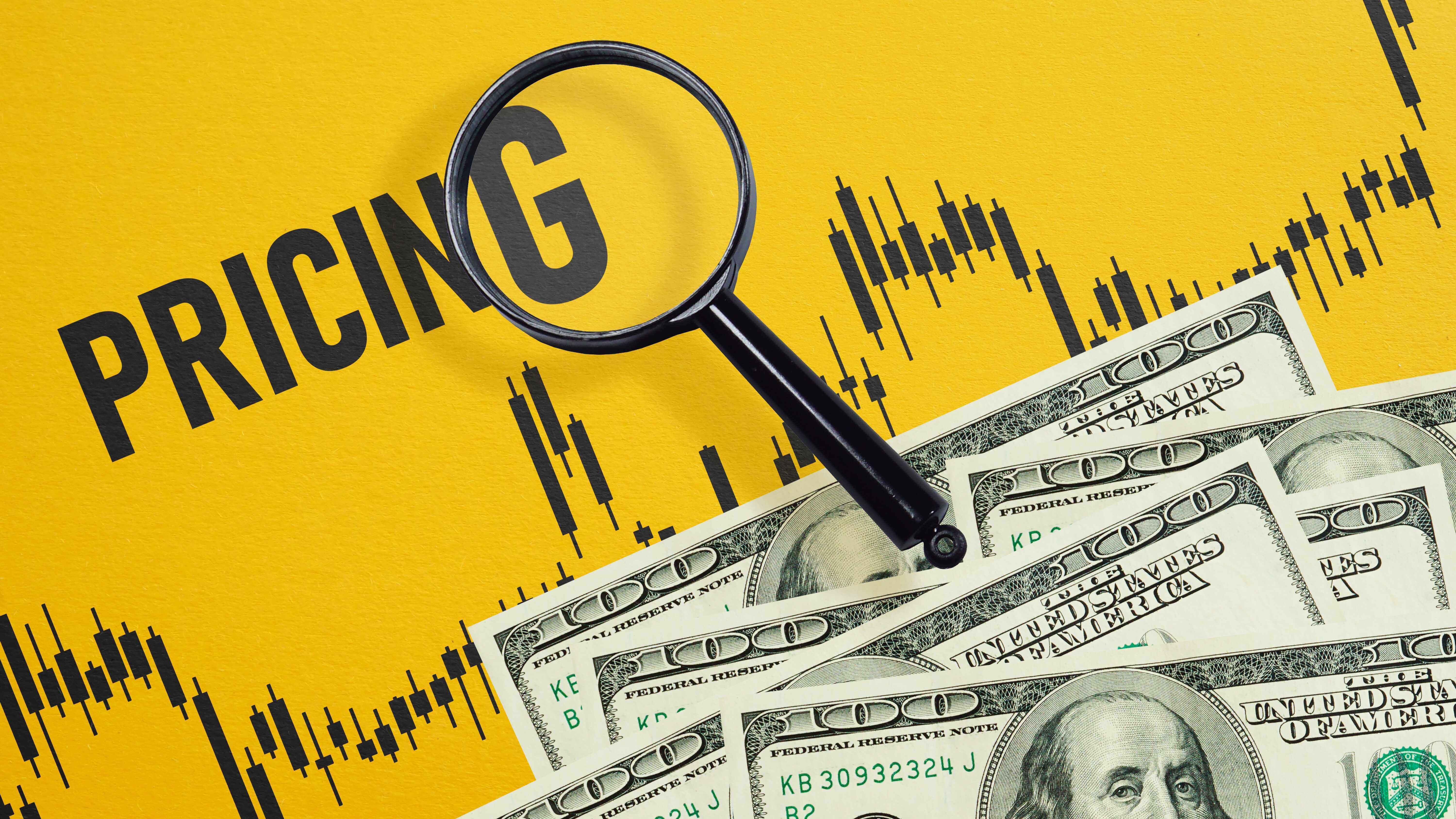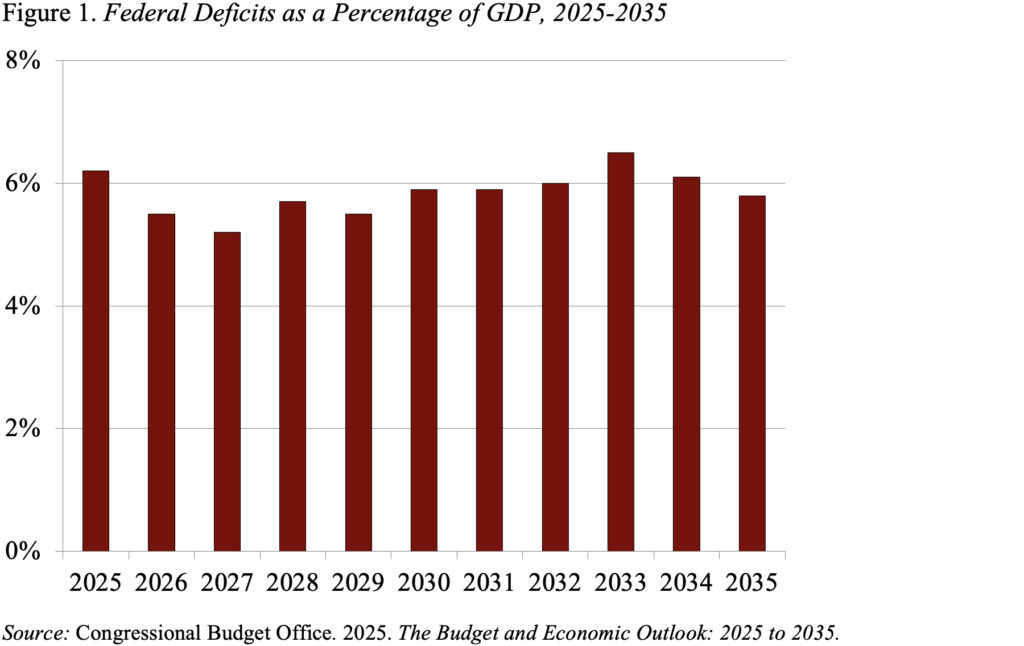Mark Zuckerberg Says This Will Be A Huge Ai Breakthrough In 2025 For Meta Platforms

Meta Platforms (NASDAQ: META) is at the forefront of innovation in artificial intelligence (AI). Led by CEO Mark Zuckerberg, it made significant investments in the AI space, and he believes that 2025 could be a year for several massive breakthroughs.
However, it's not without competition. Chinese company DeepSeek said that it trained its generative AI platform for just $5.6 million, far less than what Meta spends to train its Llama AI model. This caused some to question why it is spending over $60 billion in infrastructure for 2025.
Start Your Mornings Smarter! Wake up with Breakfast news in your inbox every market day. Sign Up For Free »
When you see what the company believes is possible with AI, it's clear that this money would be well spent. It could produce several breakthroughs that will make DeepSeek's model look primitive.
Zuckerberg believes they're close to making an engineering AI agent
Meta Platforms may be better known by its former name, Facebook. It's the parent company of other social media sites like Threads, Instagram, WhatsApp, and Messenger, and it derives nearly all of its revenue from advertising dollars produced on those platforms.
These cash cows allow management to invest heavily in AI without fear of going bankrupt, which is one of the reasons it isn't focused on producing an AI model as efficient as DeepSeek's. That's not to say that Meta isn't going to integrate some of DeepSeek's improvements into its model, as Zuckerberg has indicated that it will.
But the company isn't as concerned with efficiency right now. Instead, it's working on making its AI model as powerful as possible. In 2025, Zuckerberg is very excited about one innovation that could have major effects across the industry:
I also expect that 2025 will be the year when it becomes possible to build an AI engineering agent that has coding and problem-solving abilities of around a good mid-level engineer. This is going to be a profound milestone and potentially one of the most important innovations in history, as well as over time, potentially a very large market. Whichever company builds this first, I think is going to have a meaningful advantage in deploying it to advance their AI research and shape the field.
If it's truly possible to build an AI agent that replicates what a mid-level engineer can do, then Meta can do one of two things. First, it could eliminate a significant portion of its workforce and save massive amounts of money, boosting profits.
Second, it could keep the engineers and have them build multiple engineering AI agents, dramatically multiplying its engineering power by having them assisted by multiple AI agents. This will rapidly increase the pace of innovation and create a flywheel effect for whoever discovers it first.
I believe the company will likely choose the second option, which could lead to its victory in the AI arms race. It could also lead to significant advances in its pursuit of augmented reality (AR) glasses, something Meta sunk billions into developing.
This is the main reason I'm not concerned with Meta's massive AI spending: The company looks to be incredibly close to creating an AI model that could change the world.
It's also a great reason to buy the stock, as it really isn't all that expensive.
The stock is reasonably priced, considering its growth
While AI isn't adding any revenue to Meta's business right now, its core advertising business is doing so well that it doesn't really need it. In the fourth quarter, revenue rose 21% year over year to $48.4 billion.
The business was also efficient, as costs and expenses only rose 5% year over year. This allowed its operating margin to expand from 41% last year to 48% this year, leading to massive earnings per share (EPS) growth: 50% higher year over year in in the fourth quarter to $8.02. For 2024, EPS was up 60% year over year to $23.86, pricing the stock at 29 times trailing earnings.
Considering the strong growth rate, that's a reasonable price tag for the stock. However, it trades for 27 times forward earnings, which indicates that Wall Street analysts aren't expecting much earnings growth from Meta over the next year due to increased infrastructure spending.
META PE ratio (forward), data by YCharts.I think that's probably a conservative estimate, as the business is still growing at a strong pace. Management expects 8% to 15% higher revenue in the first quarter.
Meta Platforms could be incredibly close to having an earth-shattering breakthrough in AI. The stock is also only priced to include its advertising business, which means right now, it is still a great buying opportunity, as there could be a massive upside if the company wins the race to produce the first AI engineering agent.
Don’t miss this second chance at a potentially lucrative opportunity
Ever feel like you missed the boat in buying the most successful stocks? Then you’ll want to hear this.
On rare occasions, our expert team of analysts issues a “Double Down” stock recommendation for companies that they think are about to pop. If you’re worried you’ve already missed your chance to invest, now is the best time to buy before it’s too late. And the numbers speak for themselves:
- Nvidia: if you invested $1,000 when we doubled down in 2009, you’d have $311,343!*
- Apple: if you invested $1,000 when we doubled down in 2008, you’d have $44,694!*
- Netflix: if you invested $1,000 when we doubled down in 2004, you’d have $526,758!*
Right now, we’re issuing “Double Down” alerts for three incredible companies, and there may not be another chance like this anytime soon.
*Stock Advisor returns as of February 3, 2025
Randi Zuckerberg, a former director of market development and spokeswoman for Facebook and sister to Meta Platforms CEO Mark Zuckerberg, is a member of The Motley Fool's board of directors. Keithen Drury has no position in any of the stocks mentioned. The Motley Fool has positions in and recommends Meta Platforms. The Motley Fool has a disclosure policy.


